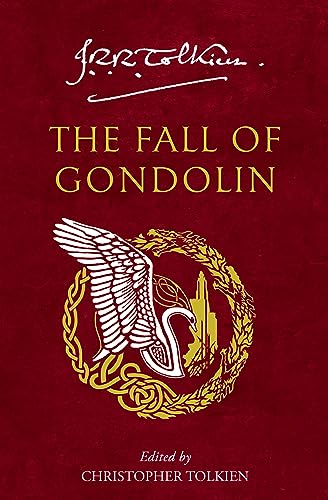I think estimates can scare future bidders away and create an air of disapointment. Someone sees a low estimate and thinks they are more capable of partaking than they actually are. The low estimates make almost every auction seem like they are vastly more popular than expected and when a bidder with a limited budget sees this auction upon auction I feel it will ultimately drive them away.
onthetrail wrote:
I think estimates can scare future bidders away and create an air of disapointment. Someone sees a low estimate and thinks they are more capable of partaking than they actually are. The low estimates make almost every auction seem like they are vastly more popular than expected and when a bidder with a limited budget sees this auction upon auction I feel it will ultimately drive them away.
I think you've hit the nail on the head as to why auction houses do this. But as you finish with, does this actually work in the long run? Either way, the figure is either an actual estimate from someone who doesn't really understand the value of the item in hand (a problem in itself), or it's a marketing ploy. I'd guess it's more of the latter.
Khamûl wrote:
onthetrail wrote:
I think estimates can scare future bidders away and create an air of disapointment. Someone sees a low estimate and thinks they are more capable of partaking than they actually are. The low estimates make almost every auction seem like they are vastly more popular than expected and when a bidder with a limited budget sees this auction upon auction I feel it will ultimately drive them away.
I think you've hit the nail on the head as to why auction houses do this. But as you finish with, does this actually work in the long run? Either way, the figure is either an actual estimate from someone who doesn't really understand the value of the item in hand (a problem in itself), or it's a marketing ploy. I'd guess it's more of the latter.
The way I see it is that the auction houses create a false estimate, often knowingly, then the items smash the estimate, there are some headlines about it, and the auction house wins. It all seems to happen in favour of the auctioneers and the estimate is just another tool in maximising their profits. But then this has always been the case and whether we talk about them or not ain't going to change anything, but, Stu's point is imo at least a fair one that this here site doesn't need to highlight these useless numbers.
But then every once in a while the estimates are largely accurate as in the case of the recent Pamela Chandler auctions. So who knows? We could go around in circles on this one and all arrive at different conclusions and all are right in their own way.
In Australia and NZ they had to make the practice of deliberately creating low estimates illegal in the real estate industry, the practice was so prevalent. People were wasting money on due-dilligence checks on properties that were never going to sell in the price-range quoted. The real-estate agents were doing it to get bonuses for exceeding the expectation and to drive extra bidding by having more bodies in the auction room. Auctioneers represent one person -- themselves and their estimates reflect this.
"you don't need to repeat yourself about intrinsic value"
I'll stop doing so when others stop stating or implying that they know intrinsic values.
I'll stop doing so when others stop stating or implying that they know intrinsic values.

6 Dec, 2021
(edited)
2021-12-6 1:47:26 AM UTC
Edited by Stu on 2021-12-6 3:16:08 AM UTC
Edited by Stu on 2021-12-6 6:35:40 PM UTC
Edited by Stu on 2021-12-6 6:35:49 PM UTC
Edited by Stu on 2021-12-6 6:35:40 PM UTC
Edited by Stu on 2021-12-6 6:35:49 PM UTC
2021-12-6 1:47:26 AM UTC
Aelfwine wrote:
"you don't need to repeat yourself about intrinsic value"
I'll stop doing so when others stop stating or implying that they know intrinsic values.
No one has. So you can probably stop now :shrug:
[Edit: Also re: "NOTHING has any intrinsic value (except human life, which is infinite)++; " LOL
++ Emphasis mine.
]
16th Century books sell for £365,000 at Exeter auction
https://www.bbc.co.uk/news/uk-england-devon-59609181
Estimates really do seem to be a challenge...
https://www.bbc.co.uk/news/uk-england-devon-59609181
The books, by English writer Richard Hakluyt, were only expected to sell for between £3,000 and £5,000.
Estimates really do seem to be a challenge...












 36
36 25.59K
25.59K